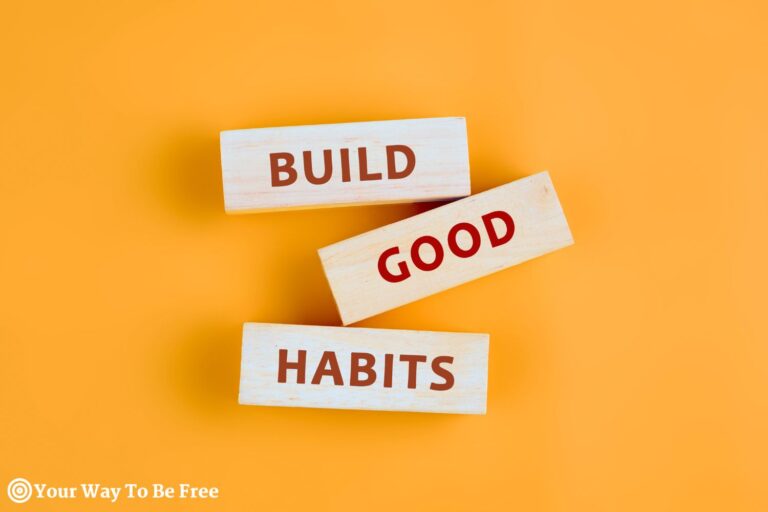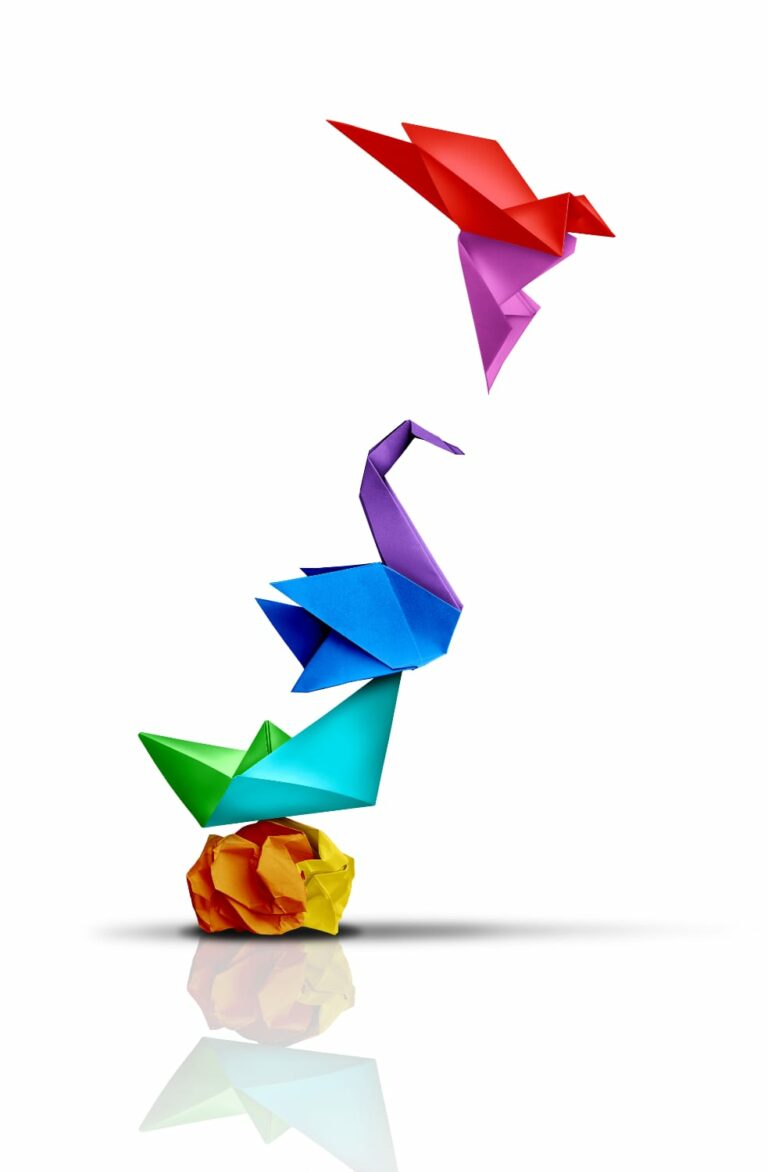Imposter Syndrome is Ego-Driven. It’s a coping mechanism to protect us from the anxiety and self-doubt that are associated with imposter syndrome
In other words, imposter syndrome results from our inability to embrace being a beginner. Our current world tends to value expertise and polished mastery while overlooking the importance of being new at something. In a society that often celebrates flawless proficiency, we tend to undervalue the significance of being a novice. We internalize the belief that we should have it all figured out from the start, and any indication of being inexperienced or unsure is insufficient.
Humble Beginnings
However, true growth and development can not happen without humble beginnings. Proper growth requires us to step out of our comfort zones and accept the vulnerability that comes from the start of any journey. In these initial stages, we lay the foundations for our journey to learning and self-improvement. By willingly stepping into the realm of the unknown, we open ourselves to new experiences, ideas, and perspectives. and become receptive to the lessons that can only be learned through hands-on exploration and trial and error.
Our fear of being perceived as inadequate or unworthy can prevent us from fully embracing this necessary phase. We become preoccupied with comparisons, constantly measuring ourselves against others who appear more accomplished. This comparison fuels our imposter syndrome, as we convince ourselves that we are not worthy of success because we lack the polished proficiency of those we admire.
We fail to realize that even the most accomplished individuals once stood at the precipice of uncertainty as beginners themselves. They, too, embarked on a journey that required them to learn, stumble, and persist. The difference is in their willingness to embrace the vulnerability and discomfort that accompanies any new beginning.
Reframe Imposter Syndrome
By reframing our perspective on being a beginner, we can reframe our experience of imposter syndrome. We can view it as a natural part of the learning process—a sign that we are pushing ourselves beyond our comfort zones while striving for personal and professional growth. Rather than letting imposter syndrome hinder us, we can harness it as fuel for self-analysis and self-improvement.
Shed the weight of unrealistic expectations and acknowledge that being a beginner is not a flaw or a mark of incompetence, but a testament to your courage, your willingness to step into the unknown, and your commitment to growth. This period of growth is when you will gain the confidence of becoming that person you sought, but it won’t happen without going through humble beginnings.







